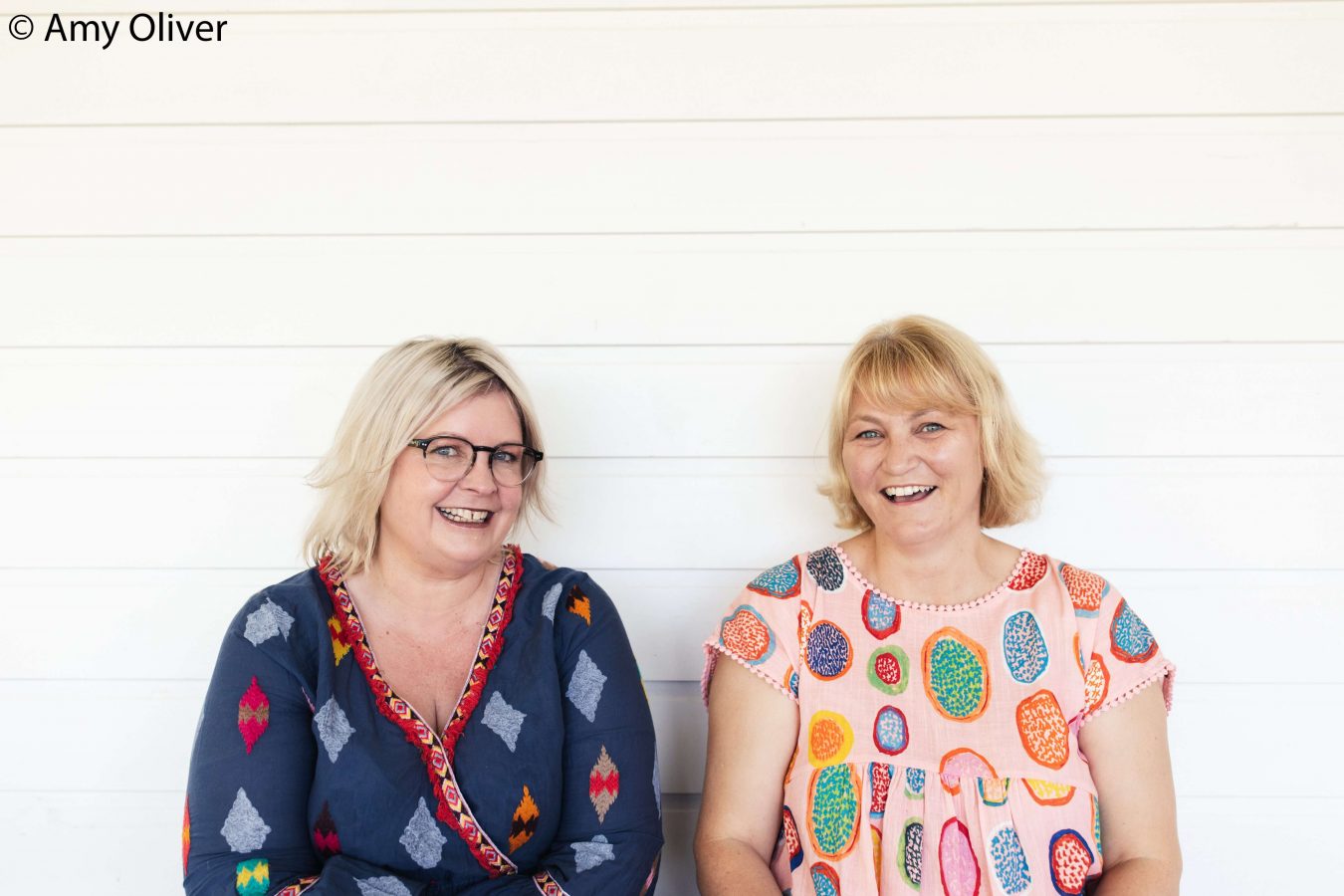
Our selection of thought-provoking and useful articles from around the web on educating and raising children.
Asking Girls and Boys, What Would Wonder Woman Do?
(Lisa Damour, The New York Times)
The film Wonder Woman has been a box office success. But there is much more to the film than great entertainment. The author writes that Wonder Woman can show boys and girls alike where true heroes get their strength. Wonder Woman only unleashes her wrath when exposed to inhumanity. Taking the whole family to see the film can open up conversations with children about how they might use their own influence. ‘Would our daughters and sons stand passively by if they saw someone being bullied?’
Hiding and sharing: talking to my children about terrorism
(Dani Valent, The Age)
The author has just returned from a month-long trip with her husband and two daughters to England, France and Ireland. Planned to attend a family wedding, their trip also coincided with recent terrorist attacks – they were near Manchester, and in London and Paris when the attacks occurred in each of those cities The author grappled with a new kind of anguish. As a parent, her baseline is safety. ‘But I have never worried about the bedrock safety of going out and coming home alive,’ she writes. What conversations does she have with her children?
Year 5 NAPLAN scores could shape career goals, study
(Pallavi Singhal, The Sydney Morning Herald)
Children as young as 10 are choosing a career path based on factors such as their achievement in NAPLAN tests and gender, according to a new study of almost 6500 students in New South Wales public schools. ‘I think we have to be careful in schools not to too quickly label children as low achieving, because kids develop early ideas of their own abilities,’ says one of the study’s authors, Professor Jenny Gore, who is director of the University of Newcastle’s teachers and teaching research centre.
Mobile phones are tempting teens late at night – and research says it’s causing problems
(Eliza Laschon, ABC News)
‘You just text people instead of sleeping, so you lose hours of sleep,” says Kiara, 15, on the implications of mobile use by teenagers after lights out. She’s a case study in this report about new research on teens and late-night phone use. The research finds that teenagers who keep using their phones tend to sleep badly, leading to poorer mental health, lower self-esteem and increased problem behaviour. Murdoch and Griffith universities tracked the late-night mobile phone use, sleep and mental health indicators of more than 1000 West Australian students over four years.
Like this post? Please share using the buttons on this page.


